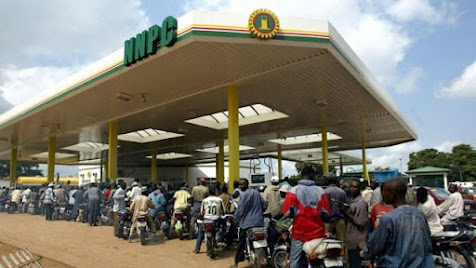By Tonnie Iredia
The oil-rich Niger Delta Region of Nigeria consists of Nine (9) coastal southern states of the country; namely: Ondo, Edo, Delta, Bayelsa, Rivers, Imo, Abia, Cross River and Akwa Ibom. The 2006 controversial census recorded for the area some 31 million Nigerians – a figure that would today be about 40 million. What is certain is that the Niger Delta provides over 80 percent of Nigeria’s budgetary revenues and about 95 percent of the nation’s foreign exchange earnings.
Consequently, one would have thought that the area would have on its own merit be at the front burner of Nigeria’s development framework but that has not been so. Instead, the area has been subjected to severe collateral damages caused by the multi-dimensional nature of oil operations thereby completely devastating the environment.




















